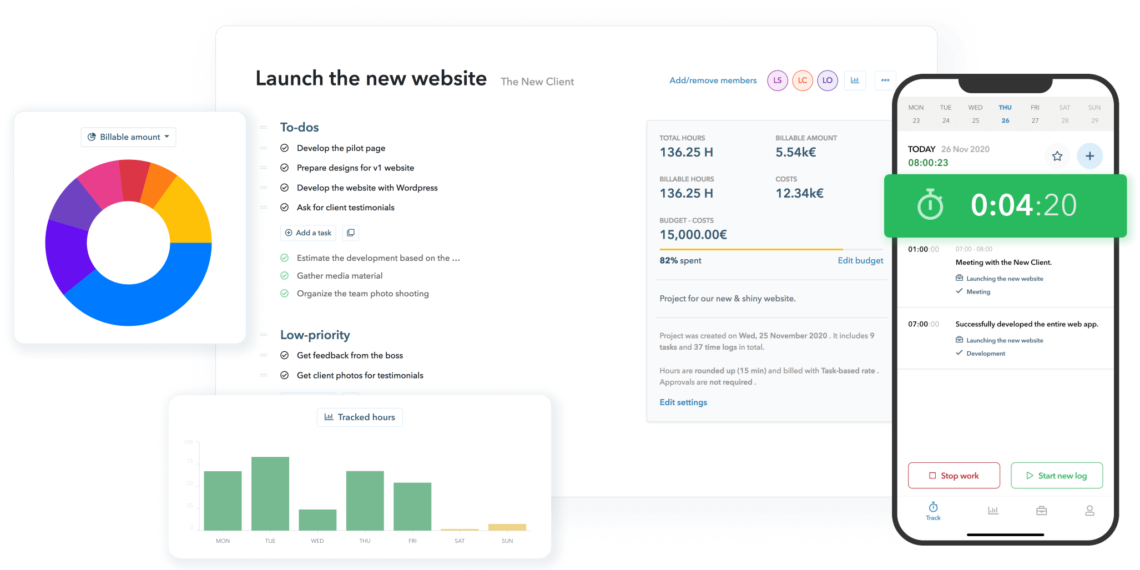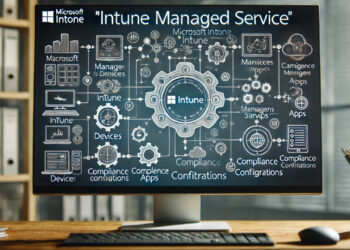What is time tracking software for Employees:
Time tracking software for employees is a tool for keeping track of and monitoring the amount of time spent on various jobs or projects. Individuals, teams, and entire companies may use it to track productivity, identify areas where time is being spent, and enhance time management tactics.
Task and project management, automatic time tracking, manual time input, reporting and analytics, billing and invoicing, and interaction with other software tools such as project management software or accounting software are common aspects of time tracking software.
Time tracking software may be used in a range of sectors and for various forms of work, such as freelancing, project-based, and hourly labor. It may also be used to facilitate flexible working arrangements such as remote work or flextime.
Overall, time monitoring software is an excellent tool for anybody trying to better manage their time, boost productivity, and achieve better outcomes. Time monitoring software, by giving a complete record of how time is spent, may assist individuals and organizations in optimizing processes, reducing waste, and achieving better results.
In the market, we have a lot of the best employee time tracking software which are useful for your organization.
How time-tracking software is useful for any Employee:
Any employee, regardless of function or sector, may benefit from time-tracking software. Here are some ways that time-monitoring software might benefit employees:
- Time management: Time monitoring software keeps a precise record of how much time each job takes, helping staff to better manage their time. Employees may optimize their time management tactics and focus on high-value work by identifying areas where time is being wasted.
- Responsibility: Time monitoring software keeps track of how much time is spent on each work, boosting accountability and lowering the danger of time theft or inefficient conduct. This encourages employees to focus on their duties and avoid distractions, resulting in increased productivity.
- Time monitoring software gives statistics on the amount of time spent on each work, allowing staff to find areas where productivity may be increased. This information may be used to define benchmarks and goals and measure progress toward them.
- Better work-life balance: By giving a more accurate record of how much time is spent on work-related tasks, time-tracking software can assist employees in achieving a better work-life balance. This can assist individuals in identifying areas where they are devoting too much time to work and adjusting their schedules to attain a better work-life balance.
- Improved communication: Time-tracking software can help employees and management communicate more effectively. Employees may keep their supervisors informed about their progress and identify areas where more assistance may be required by keeping a thorough record of how much time is spent on each activity.
- Productivity may be increased by using time monitoring software to optimize time management, highlight areas where productivity can be improved, and encourage people to stay focused on their responsibilities. Employees will be able to produce greater outcomes with less effort, resulting in a more meaningful and pleasant work experience.
- More precise billing: Billable hours may be tracked using time tracking software, making it easier for staff to accurately measure their time and verify that they are invoicing clients or customers correctly. This can assist to enhance cash flow and lessen the chance of invoicing disputes.
- Professional development: Time monitoring software may be used to identify areas where staff may want further training or assistance. Employees can discover areas where they may need to build new abilities or enhance their existing ones by providing statistics on how much time is spent on different jobs.
- Flexible working options, such as remote work or flexible timetables, can be supported by time-tracking software. Time monitoring software can help employees achieve a better work-life balance and operate more successfully in non-traditional work arrangements by giving a more accurate record of how much time is spent on work-related tasks.
- Data-driven decision-making: Time monitoring software collects data on how much time employees spend on various tasks, allowing them to make data-driven decisions about how to allocate their time and resources. Employees can get greater results with less effort if this data is used to streamline procedures and increase productivity.
Overall, time monitoring software is a helpful tool for any individual who wants to better manage their time, increase productivity, and create a better work-life balance.
Time monitoring software may help staff enhance their time management tactics, boost responsibility, and achieve better outcomes by giving a thorough record of how much time is spent on each job.






